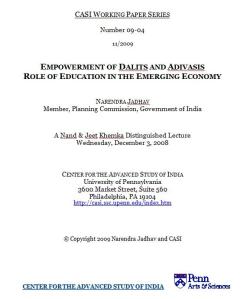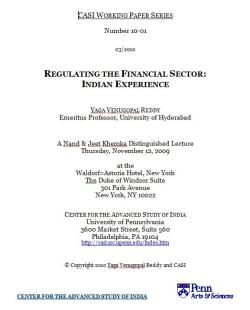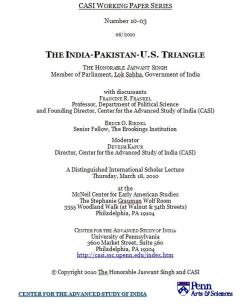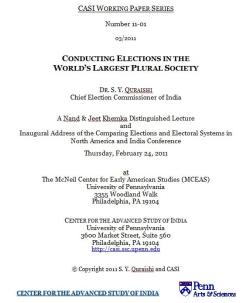India’s Copyright Reform and Incentive Structures

The incentive to create lies at the heart of the classic utilitarian justification for copyright protection. The broad structure – one of exclusive rights and monopolies with public interest exceptions – indicates the dominant, if not singular, role played by utilitarianism while formulating intellectual property law in India. Indeed, if copyright law were only meant to honor creators and respect their creativity, the State could confer prizes and awards on them. The State, desirous that they create more, provides for economic incentives.
Who Moved My Beef?: Regulatory Changes and the Pink Revolution

The image of the cow conjures up every oriental stereotype about unchanging India, mired in tradition, religious belief, and obsolete agricultural methods. Yet, the cow has emerged as an index for India’s changing political economy and regulatory politics over the last decade. Statistics show that over the last few years, beef consumption in India has risen and is greater than the combined consumption of other meats.








